DNVN - Discussing in groups about the Law on Special Consumption Tax (amended), Vice Chairwoman of the National Assembly Nguyen Thi Thanh expressed her agreement with the necessity and purpose of amending the law, but suggested that it should be clarified and evaluated more carefully because there are products that not only contribute to the State budget but also serve human needs.
Sugary soft drinks should be taxed
The draft Law on Special Consumption Tax (amended) adds soft drinks according to Vietnamese Standards (TCVN) with sugar content above 5g/100ml to the list of subjects subject to special consumption tax (TTDB) to protect people's health, as well as following the recommendations of the World Health Organization (WHO), the United Nations Children's Fund (UNICEF) and the Ministry of Health. The draft Law on Special Consumption Tax (amended) is expected to be submitted to the National Assembly for approval at the 9th Session in May 2025.
On November 22, the National Assembly discussed this draft law in groups. Speaking in groups, Vice Chairwoman of the National Assembly Nguyen Thi Thanh stated that special consumption tax (SCT) in many countries around the world targets products, goods, and services that are harmful to health, the environment, society, and luxury consumer products... to regulate consumer behavior and contribute to the State budget.
The Vice Chairman of the National Assembly expressed his agreement with the necessity and purpose of amending the law, but suggested that it should be clarified and evaluated more carefully because there are products that not only contribute to the State budget but also serve human needs.

Vice President of the National Assembly Nguyen Thi Thanh.
Regarding the addition of soft drinks according to Vietnamese standards with sugar content over 5g/100ml to the subject of special consumption tax on the grounds that this is a product that causes overweight, obesity, diabetes... The Vice Chairman of the National Assembly realized that sugary soft drinks are not the main and only cause of overweight and obesity, but if abused and regulated as subject to tax, it will create a habit, which is not good for human health.
Therefore, the Vice Chairman of the National Assembly believes that it is necessary to regulate sugary soft drinks as subjects of special consumption tax. However, there needs to be a roadmap in terms of both time and tax rate to ensure harmony in domestic production and adjust behavior.
Minister of Health Dao Hong Lan informed that there is now evidence that increasing the amount of sugary drinks will increase the risk of diabetes, cardiovascular disease, osteoporosis, obesity... thereby increasing the risk of other diseases, including cancer.
In Vietnam, the consumption of sugary drinks has quadrupled over the past 15 years: from 18.5 liters/person in 2009 to 66 liters/person in 2023, contributing to the doubling of obesity rates among adolescents from 8.5% in 2010 to 19% in 2020.
"The application of special consumption tax on sugary drinks is consistent with international trends and current reality. At least 104 countries in the world and 6 countries in ASEAN have applied special consumption tax on sugary drinks," Minister Dao Hong Lan emphasized.
The Ministry of Health agrees with the Government's proposal to impose special consumption tax on soft drinks according to TCVN, and for other types of drinks, there will be a roadmap for tax imposition after the stable implementation of sugary soft drinks. However, regarding the tax rate, WHO sent to the Ministry of Health a proposal that the special consumption tax rate be higher than the proposed rate of 10% on the selling price of enterprises.
Agreeing with the policy that soft drinks according to Vietnamese Standards (TCVN) with sugar content above 5g/100ml are subject to special consumption tax, National Assembly member Duong Khac Mai (Dak Nong) emphasized that the higher the sugar consumption and the higher the sugar content in soft drinks, the more negative the impact on health. The delegate proposed to recalculate the "hard" tax rate of above 5g/100ml, then apply a tax rate of 10%. At the same time, it is necessary to review and assess the impact to study the regulations on specific thresholds and gradually increase the tax rate (calculated at a minimum of 10%) as for alcohol and beer.
Comprehensive review needed
Meanwhile, National Assembly member Phan Duc Hieu (Thai Binh) said that there should be no tax on sugary drinks, and reducing soft drink consumption does not mean reducing obesity rates because people still consume sugar through many other types of drinks and foods. In addition, it is estimated that if the beverage industry reduces production, it will affect about 20 related industries, causing economic damage.

National Assembly Delegate Phan Duc Hieu (Thai Binh).
National Assembly Deputy Thai Quynh Mai Dung (Vinh Phuc) suggested that this proposal should be comprehensively considered, because there are currently many conflicting opinions from state management agencies, the business community, experts as well as consumers.
Citing a report assessing the economic impact of special consumption tax on sugary soft drinks conducted by the Central Institute for Economic Management (CIEM) and published last October, the delegate said that if a special consumption tax rate of 10% is applied to soft drinks, budget revenue from the second year onwards will decrease by about VND4,978 billion each year from indirect taxes, not to mention the corresponding decrease from direct taxes.
The report also pointed out that this tax policy will not only directly impact the beverage industry but also have a spillover effect on 25 sectors in the economy and lead to a decrease in GDP of nearly 0.5%, equivalent to VND 42,570 billion. Therefore, CIEM proposed not to apply special consumption tax on sugary soft drinks.
Delegate Thai Quynh Mai Dung suggested that the drafting agency continue to conduct further research and not include this controversial item in the law. At the same time, research and implement appropriate measures to control overweight, obesity and other non-communicable diseases.
Also concerned about putting sugary soft drinks according to TCVN with sugar content over 5g/100ml into the taxable category, but from a different perspective, National Assembly Delegate Ta Thi Yen (Dien Bien) said that the proposal to impose special consumption tax only on soft drinks is not comprehensive and could have the opposite effect.
First, consumers are not fully aware that some other drinks such as fruit juice, milk or cocoa products have higher sugar content than soft drinks. Second, taxing only soft drinks creates inequality between industries, when other sugary drinks are not included in the tax.
Ms. Yen suggested that the Government conduct comprehensive research, carefully assess the impact, fully identify products that need to be taxed, and ensure the correct implementation of the National Nutrition Strategy goals. At the same time, a suitable implementation roadmap is needed so that businesses have time to adjust their production and business plans.
Moonlight
Source: https://doanhnghiepvn.vn/kinh-te/chinh-sach/can-nhac-ky-viec-ap-thue-tieu-thu-dac-biet-voi-do-uong-co-duong/20241122034115037




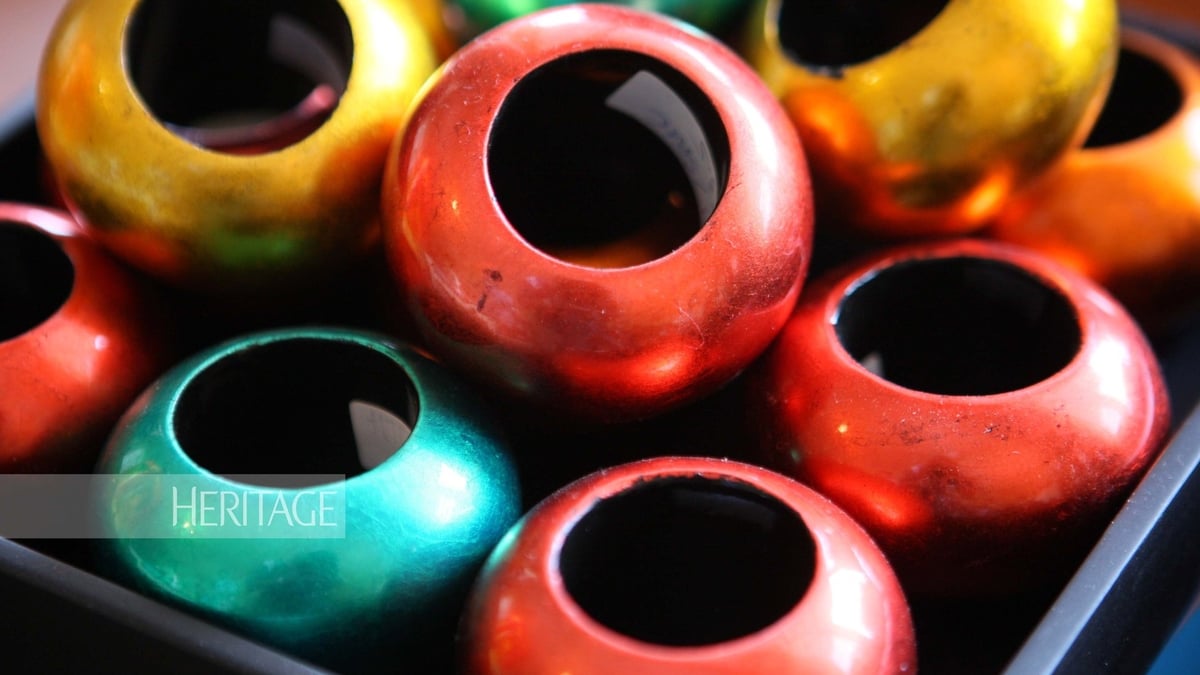



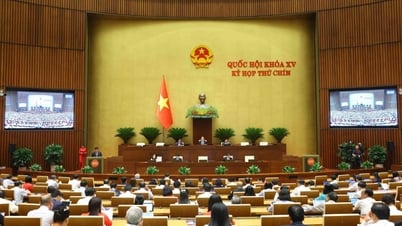





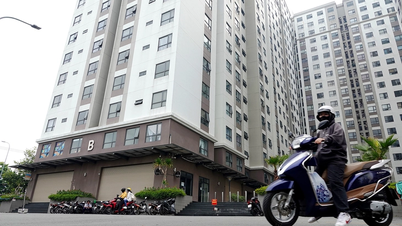


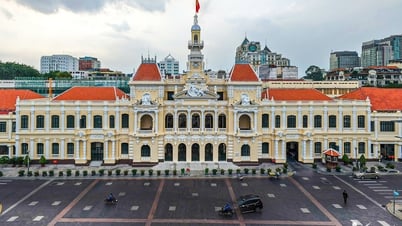





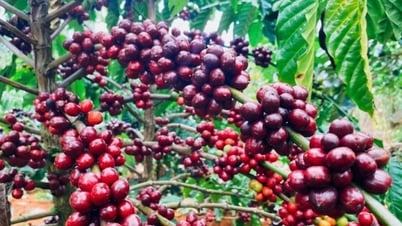
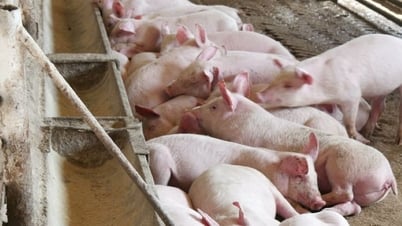










![[Photo] Prime Minister Pham Minh Chinh meets with the Policy Advisory Council on Private Economic Development](https://vphoto.vietnam.vn/thumb/1200x675/vietnam/resource/IMAGE/2025/5/8/387da60b85cc489ab2aed8442fc3b14a)

![[Photo] General Secretary To Lam begins official visit to Russia and attends the 80th Anniversary of Victory over Fascism](https://vphoto.vietnam.vn/thumb/1200x675/vietnam/resource/IMAGE/2025/5/8/5d2566d7f67d4a1e9b88bc677831ec9d)













































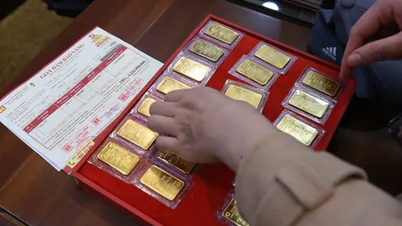









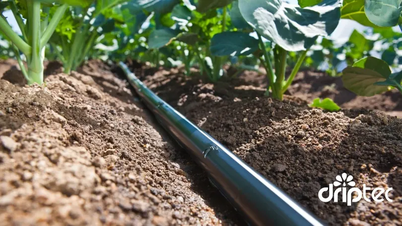











Comment (0)